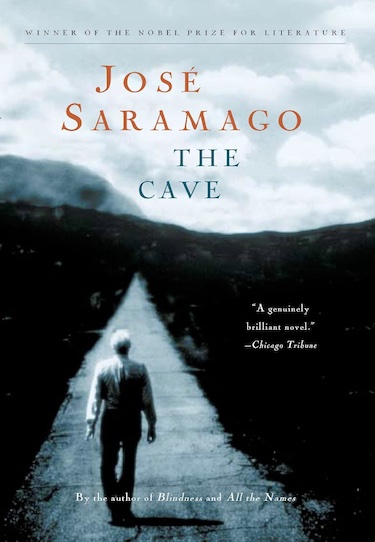.svg)
I just finished binge-watching an Israeli TV series about an ultra-religious Jewish family in Jerusalem whose daily life has nothing and everything in common with mine. Shtisel (created and written by Ori Elon and Yehonatan Indursky) could refer to either Shulem Shtisel, the widowed, grey-bearded patriarch of the family, or his son Akiva, a budding artist who hangs out with a group of male friends who like to drink and play music. Shulem has decided that Akiva should find a bride, a ritual that involves a matchmaker who sets up a meeting with a prospective spouse in the lobby of a local hotel. While Akiva and his date shyly talk to one another, in the background we see several other young couples doing the same thing. The women wear either wigs or hair coverings and the men wear seriously ironed white shirts under black suits with long coats (except at home, where the men wear an interesting combination of relaxing clothing that I still haven’t figured out). These details make this series a journey into a different world, but the storylines will be familiar to all of us: a sister who has both husband and money problems, another sister who is estranged from her father, a brother who always feels inadequate, a young widow who yearns for more out of her life, an older woman who suffers from unrequited love, and Shulem’s mother, who lives in a retirement home where she receives unannounced visits from her troubled children and grandchildren. By the end of the series I could see the characters as normally complicated people with whom I could laugh, cry and sympathize, even though I know that orthodox Jews who I meet on the street are still not going to meet my eyes. Catch Season 1 now because there’s a second season in the wings.








